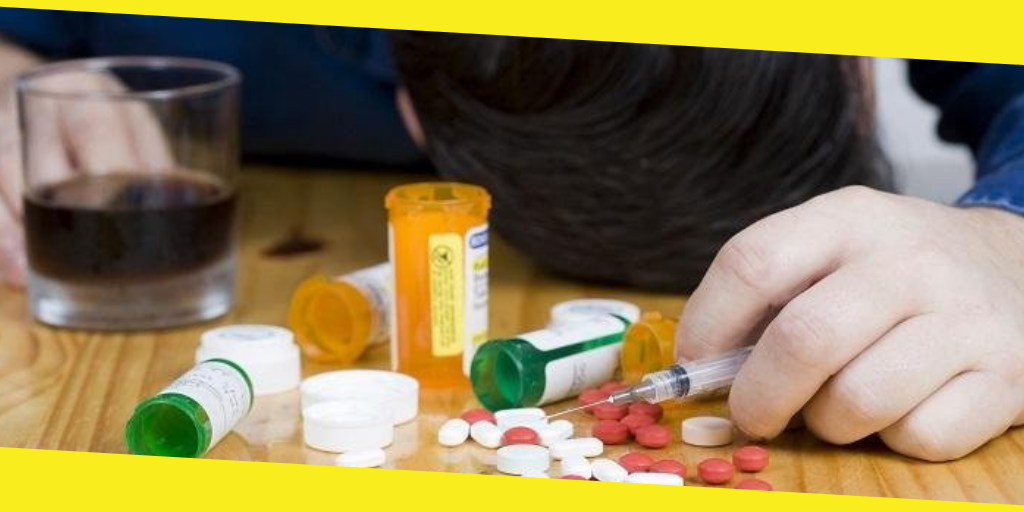Certainly! Let’s delve into an overview of addiction treatment approaches:
Addiction is a complex and chronic condition that affects both the brain and behavior. Fortunately, various treatment approaches have been developed to help individuals overcome substance abuse and achieve long-term recovery. These approaches often involve a combination of medical, psychological, and social interventions tailored to the specific needs of the individual.
- Medical Detoxification:
- Many addiction treatment programs start with medical detoxification to safely manage withdrawal symptoms. This process involves gradually reducing the substance in the body while addressing any complications that may arise.
- Medication-Assisted Treatment (MAT):
- MAT combines medications with counseling and behavioral therapies to treat substance use disorders. This approach is particularly effective for opioid and alcohol addictions. Medications like methadone, buprenorphine, and naltrexone are commonly used to reduce cravings and withdrawal symptoms.
- Behavioral Therapies:
- Cognitive-behavioral therapy (CBT), contingency management, and motivational enhancement therapy are among the various behavioral therapies used in addiction treatment. These therapies aim to modify unhealthy behaviors, identify and address underlying triggers, and develop coping strategies to prevent relapse.
- Residential or Inpatient Treatment:
- Inpatient treatment involves residing at a facility for a specified duration, typically 30, 60, or 90 days. It provides a structured environment where individuals receive intensive therapy, support, and education. This approach is suitable for those with severe addiction or co-occurring mental health disorders.
- Outpatient Treatment:
- Outpatient programs allow individuals to receive treatment while living at home. These programs are more flexible, allowing individuals to continue with their daily responsibilities such as work or school. Outpatient treatment may include individual counseling, group therapy, and educational sessions.
- Support Groups:
- Twelve-step programs like Alcoholics Anonymous (AA) and Narcotics Anonymous (NA) play a significant role in addiction recovery. These support groups provide a sense of community, accountability, and the opportunity to share experiences with others facing similar challenges.
- Holistic Approaches:
- Some treatment programs incorporate holistic approaches, addressing the mind, body, and spirit. This may include activities such as yoga, meditation, acupuncture, and art therapy, promoting overall well-being during the recovery process.
- Family Therapy:
- Addiction affects not only the individual but also their family and close relationships. Family therapy helps improve communication, resolve conflicts, and educate loved ones about addiction. Involving the family in the recovery process can enhance support and understanding.
- Aftercare and Relapse Prevention:
- Continued support is crucial after completing formal treatment. Aftercare programs, such as outpatient counseling or support group participation, help individuals maintain their recovery. Relapse prevention strategies are also taught to identify and manage potential triggers.
It’s important to note that effective addiction treatment is often individualized, taking into account factors such as the type and severity of addiction, co-occurring mental health issues, and the individual’s unique circumstances. A comprehensive and integrated approach that combines various treatment modalities tends to yield the best results in promoting sustained recovery.

